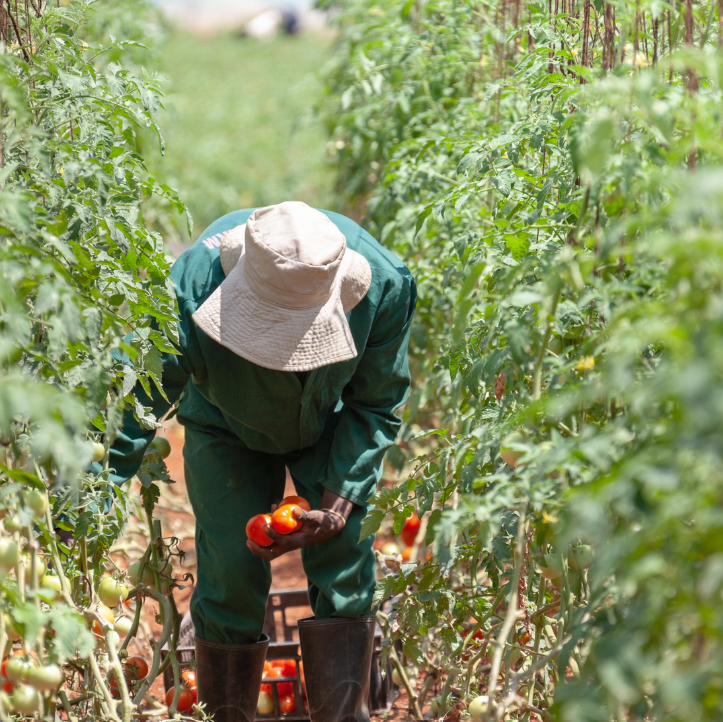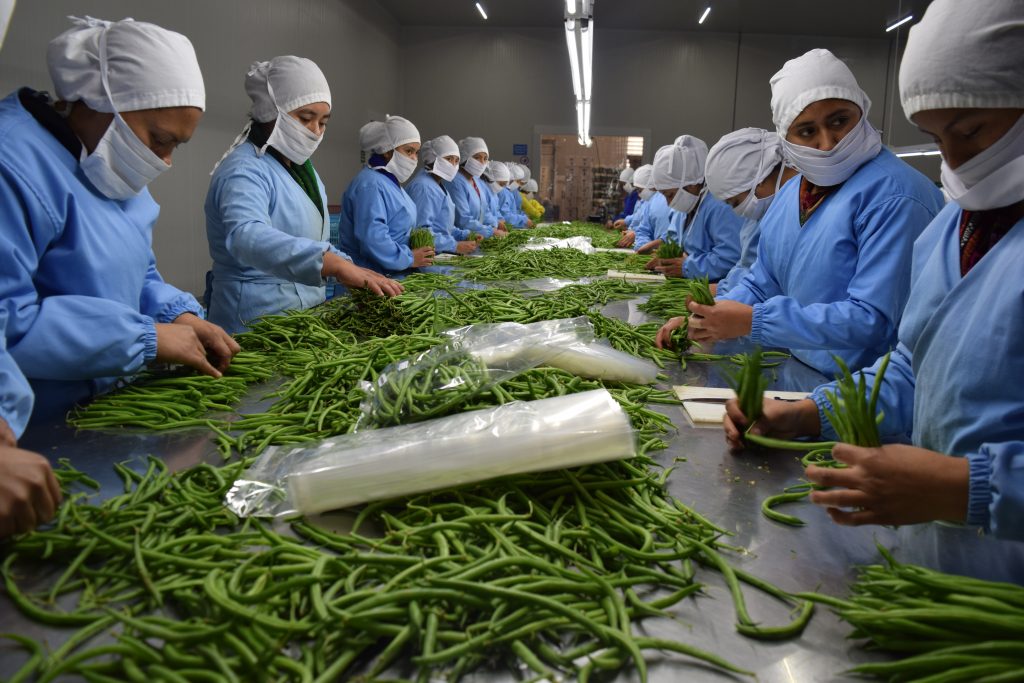Hans Perk, Regional Director Africa and Global Agricultural Sector Specialistat Oikocredit talks about what is working and what is not in the coffee and cocoa supply chains. How can we better make these supply chains work for the poor and vulnerable post Covid-19?
How will the Covid-19 crisis impact on coffee and cocoa farmers? Millions of farmers depend for their livelihood on our daily moments of indulgence. Social distancing and lockdowns in producing and consuming countries have already had far reaching consequences for farmers. The closing of borders, slow-handling in ports, the lack of containers and ships and the closure of processing plants, have all caused payment delays. For an impact investor like Oikocredit, it is becoming more difficult to assess the risk of an investment, for example to register documents to process a loan, and some impact investors have stopped financing agriculture altogether. Then with restaurants, coffee shops and bars closed in many parts of the world, it is only a matter of time before this translates into lower prices and cancelled contracts from international buyers. Is there a problem with the current structure of the supply chains? What becomes painfully clear in times of crisis is the dependency on international markets, with cooperatives and farmers in a weak negotiating position. Child labour and deforestation, to mention just two of the sustainability issues, can only seriously be tackled if we are able and willing to pay the true price of production. This should include the social and environmental costs and take a long-term perspective, fostering long-term trade relationships. Over the years we have seen many alternatives which partly offer a solution. Certification for example offers a better price for an improved social and environmental performance. But this is still only a small part of the market. Are fair trade and organic farmers shielded from problems in the mass markets? Quite simply, no. The speciality and certified products markets are likely to be hit first. Ironically, these are the markets many farmers and their producer cooperatives invested in to diversify away from the mass commodity markets, as they seek better prices and stable buyer relationships. Farmers may soon wonder what added value their cooperative offers and why they invested in certification. With social distancing, the cooperative cannot hold farmers’ meetings and training. Many farmers are also dependent on the link to the market which the cooperative provides, together with its cash payments. As the coronavirus pandemic continues, I can foresee that if we do not show our solidarity, in the end, the cooperatives will be so much weakened that what has been built up over many years will take even more time to restore.
What could the coffee and cocoa industries do to improve the situation? Fortunately, there is much that can be done in a collaborative effort between the cooperatives and farmers, funders, civil society, the private sector, and governments. There are four things I see as most urgent today. 1. To lower the dependency of farmers on international cash crops. Many farmers are highly dependent on cash crops grown for the international markets. 2. To create value and develop markets in the countries of origin. The profit margin in cocoa and coffee is made at the end of the supply chain, often in wealthier countries. 3. To invest in cooperatives. In the rural areas of Latin America and Africa, cooperatives and other farmer-based organisations provide the essential services in places that no other organisation or government can reach. 4. To pay the true cost of production. With governance and enforcement of social and environmental laws needing improvement, we need a new approach to improve prices other than voluntary standards.
These ideas are not particularly new. But I do believe that the crisis we are in today, gives us a new momentum to call for action on these issues.
And what do you think Oikocredit could do, or do more of? Oikocredit already plays an important role in financing cooperatives, which in turn have hundreds of thousands of members, and can play an important role as a catalyst and leader in support of the initiatives that I described. I think that Oikocredit and its investors will show solidarity with our partners and help them through this crisis, providing them with the funding which they need. In this way we will be able to support the partners who need it most at this time and get them ready for the future.
This interview was originally published by Oikocredit.

